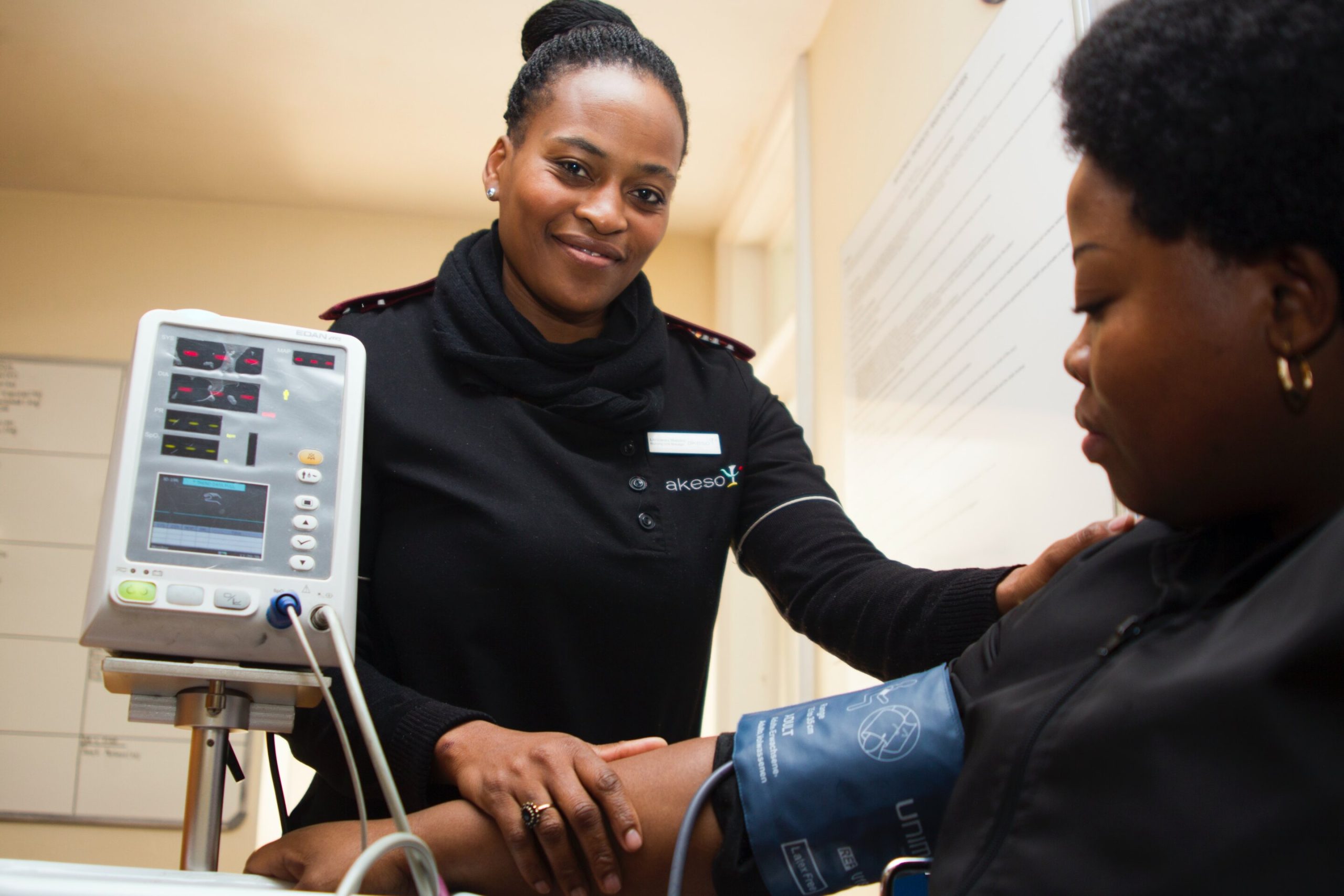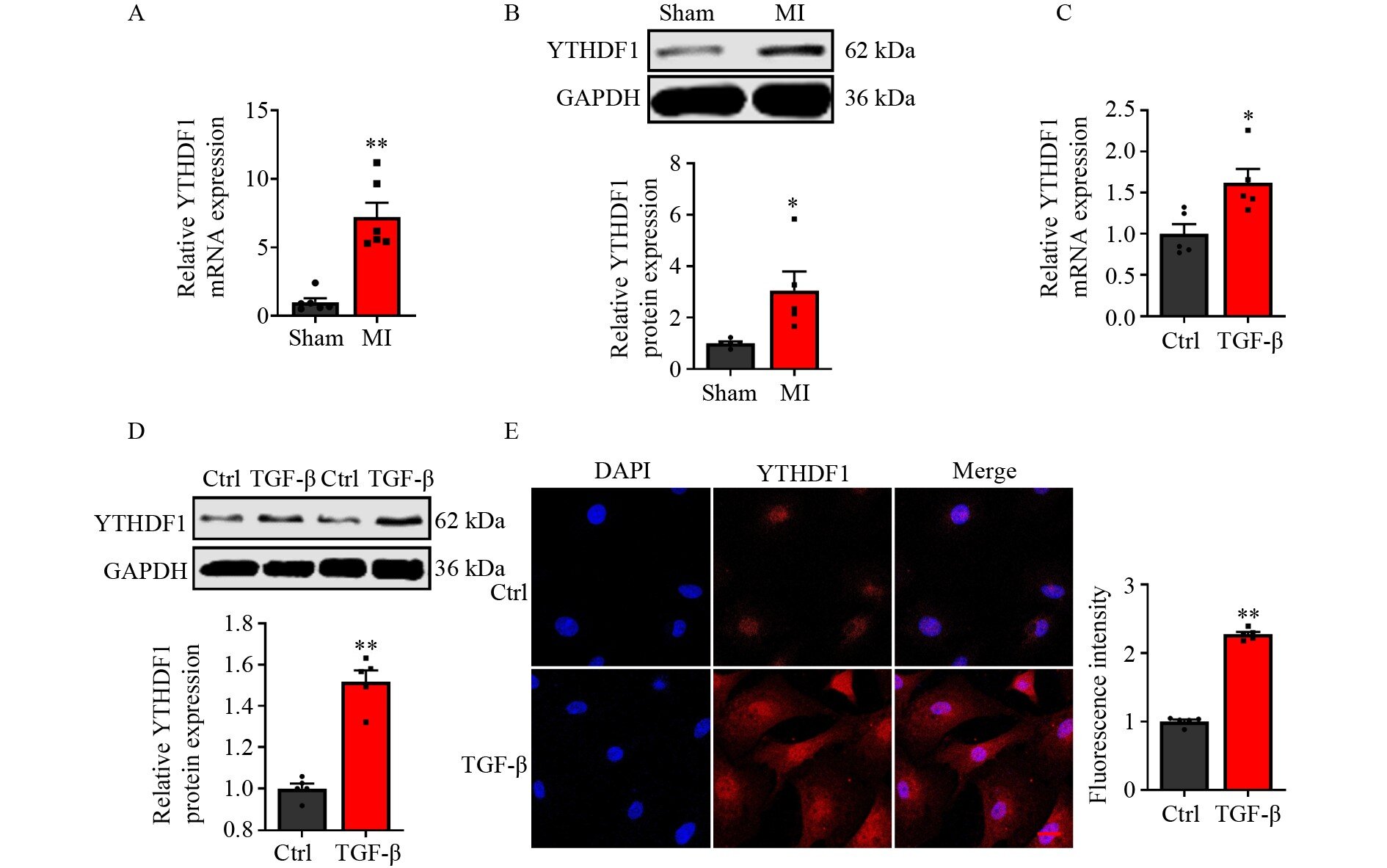Rutgers Health researchers have found that hypertensive disorders in pregnancy are strongly associated with fatal cardiovascular disease for up to a year after birth.
Among the hypertensive disorders that cause dangerously high blood pressure during pregnancy — chronic hypertension, gestational hypertension, preeclampsia without severe features, preeclampsia with severe features, superimposed preeclampsia and eclampsia — all but gestational diabetes were associated with a doubling in the risk of fatal cardiovascular disease compared to women with normal blood pressure.
Eclampsia, a condition whereby hypertensive disorders cause seizures, was associated with a nearly 58-fold increase in fatal cardiovascular disease, according to a study published in Paediatric and Perinatal Epidemiology.
“Maternal and postpartum mortality rates in the U.S. are higher than in other high-income countries and rising, but more than half of cardiovascular disease-related deaths are preventable,” said lead author Rachel Lee, a data analyst at Rutgers Robert Wood Johnson Medical School. “This study provides new information about how each hypertensive disorder is related to fatal cardiovascular disease, so healthcare providers can monitor patients with such complications more closely and develop strategies for keeping them healthy postpartum.”
The researchers used the Nationwide Readmissions Database to examine pregnancy-related mortality rates for females 15 to 54 years old from 2010 to 2018. Data from more than 33 million delivery hospitalizations identified hypertensive disorders in 11 percent of patients, but that number increased with time. In 2010, 9.4 percent of patients in the study had hypertensive disorders of pregnancy. By 2018, that figure had risen by more than half to 14.4 percent.
“We’ve gotten better at predicting, diagnosing, and treating preeclampsia in this country, so the risk of death is falling for any individual patient with that condition,” said Cande Ananth, chief of the Division of Epidemiology and Biostatistics in the Department of Obstetrics, Gynecology, and Reproductive Sciences at Rutgers Robert Wood Johnson Medical School and senior author of the study.
Unfortunately, Ananth noted, the sharp increase in the number of patients who develop chronic hypertension has more than offset the improved ability to treat it.
“Cases of chronic hypertension are rising sharply among people of childbearing age, but optimal treatment strategies remain uncertain,” he said. “While we’re treating more pregnant people with mild hypertension with antihypertensive medications, there remain many questions about the right definitions of hypertension in pregnant compared to non-pregnant individuals.”
Pregnant people with hypertensive disorders, especially those with pre-existing hypertension, need high-quality care as heart disease and related cardiac symptoms can be confused with common symptoms of normal pregnancy. Delays in diagnosis are associated with an increased incidence of preventable complications, the study authors said. Early identification and optimal treatment of hypertensive disorders, especially preeclampsia-eclampsia, are crucial for the primary prevention of maternal stroke.
Guidelines for ongoing care for up to one year after delivery are needed for each hypertensive disorder, the researchers conclude.



